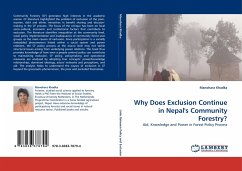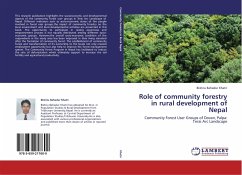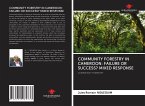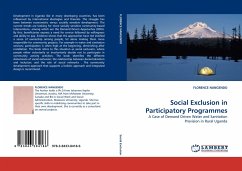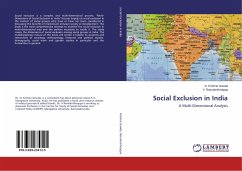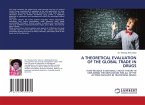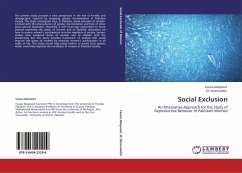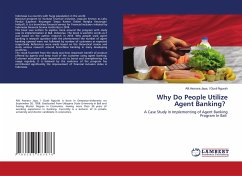Community Forestry (CF) generates high interests in the academic arenas. CF literature highlighted the problem of exclusion of the poor, women, dalit and ethnic minorities in benefit sharing and decision- making in the CF process. The focus of the critique has been on local socio-cultural, economic and institutional factors that contribute to exclusion. The literature identifies inequalities at the community level, weak policy implementation and inadequacies of community forest user groups as the main causes of exclusion. Since participation is a socially embedded phenomenon linked within a social system and power relations, the CF policy process at the macro level may not tackle structural issues arising from underlying power relations. This book thus provides knowledge of how even a people centred policy can contribute to maintaining exclusion. CF policy, policymaking and operational measures are analysed by adopting four concepts: power/knowledge relationships, dominant ideology, actors' networks and perceptions, and aid. The analysis helps to understand the causes of exclusion in CF beyond the grassroots phenomenon, the poor and excluded themselves.
Bitte wählen Sie Ihr Anliegen aus.
Rechnungen
Retourenschein anfordern
Bestellstatus
Storno

